Why HomeCEU?
We Help You Meet Your CE Requirements
Flexibility to Complete
Complete your CEUs on your schedule, wherever you are. With text, on-demand video, and live webinar options, there's something for every learning style!
Satisfaction Guaranteed
Customer service is our number one priority! If you're not happy with your purchase, simply let us know and we'll be happy to make it right.
Education to Meet Your Needs
We develop new courses regularly, which means you'll have up-to-date content to meet your unique needs and requirements!
Unlimited CEU Membership
Huge savings with our most popular product! Get unlimited access to our entire library of online text, video, and live interactive webinar CEUs for one full year—any time you want, as much as you want!
Select your profession below for additional details about your Unlimited CE Membership:
Need more information about an Unlimited CEU Membership?
What Our Students Say...
Learn About Your Profession's CE Requirements
Choose your profession:
Frequently Asked Questions
Need answers? Find them here.
Email: help@homeceu.com
Address:
26 N. Beach St., Suite A
Ormond Beach, FL 32174
Phone: 1800.55.4CEUS (2387)
Fax: 1.800.839.0823
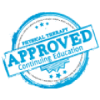
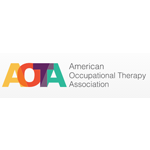
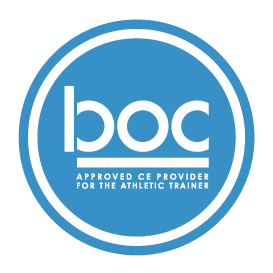

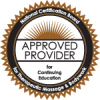
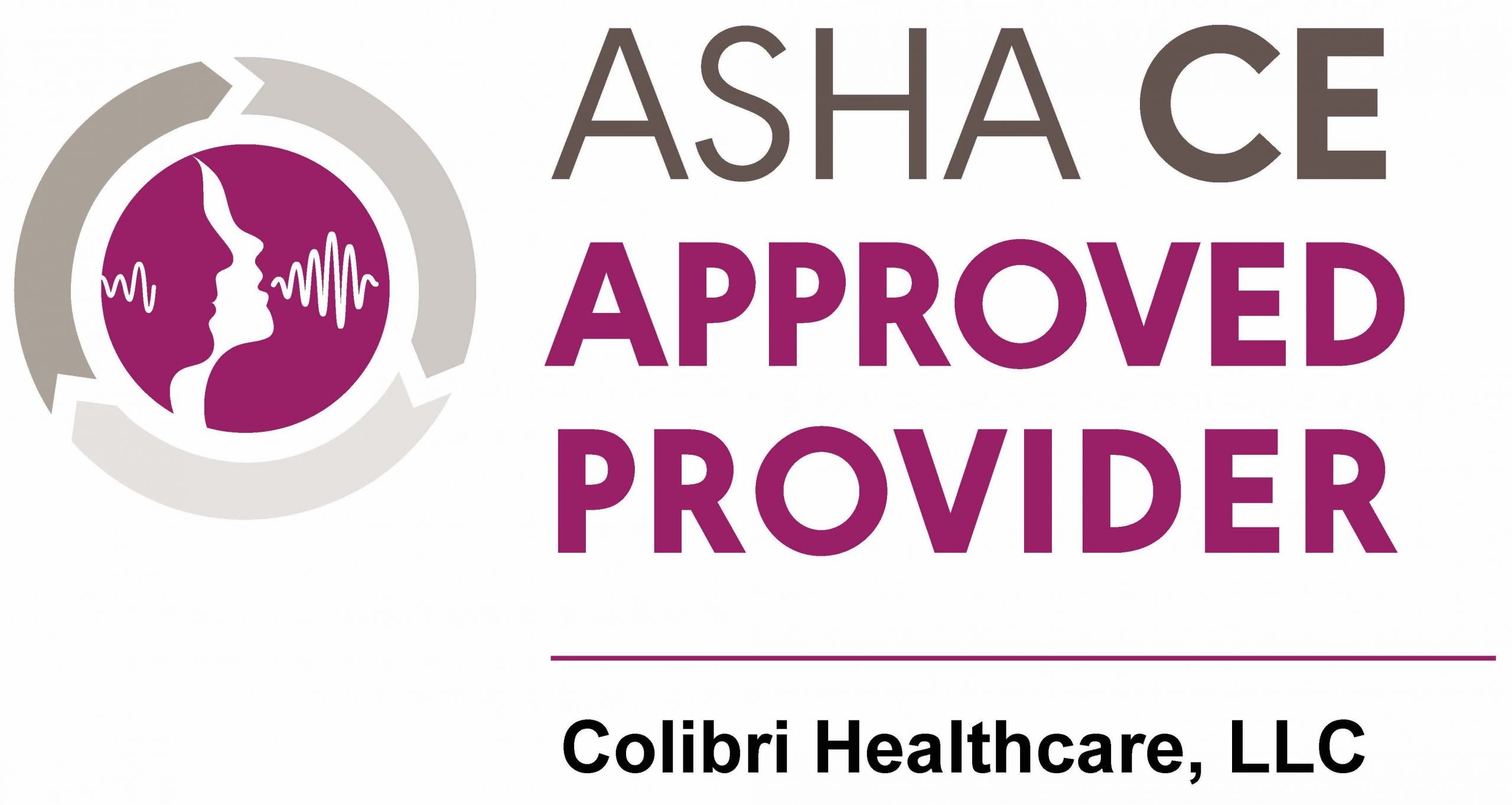
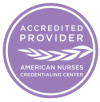


 Call
Call